South Sudan
About 14 000 civilians have fled the recent increase in violence in South Sudan which has been ongoing for close to a decade now.
Recent reports cited by the AP show that Fighting broke out on Friday in this part of Unity State, in the north of the country, between troops of Vice President Riek Machar's SPLA-IO and forces that absconded from the movement last August to join the camp of Machar's arch-enemy, President Salva Kiir.
The military leadership of both sides based in the capital Juba called for an end to conflicts which ended on Sunday.
One of the 14 000 people who are facing the brunt of the war recounted his experience.
"Soldiers attacked our villages and burned many of our houses. They took our cows, our goats and they killed people," says Detoh Rie, reached by phone from the hard-to-reach area.
"All our food has been burnt in our houses, we have nothing to eat," said the 51-year-old father.
For the past five days, Detoh Rie has been living in the swamps of Leer County.
- UN Mission statement -
In a statement on Monday, the UN Mission in South Sudan (UNMISS) said "many villages south of Leer town (have) been looted and burned". The mission is worried about reports of the destruction of the nearby port of Adok on the White Nile, "the second-largest economic hub in the state".
Peacekeepers "have intensified patrols", spokesperson Linda Tom told AFP on Tuesday, citing "disturbing reports of sexual violence, looting and destruction".
- According to Leer County Prefect Stephen Taker, 13,930 displaced people had been counted by Monday. "Everything they had has been looted. The situation is really bad," he told AFP.
The number of displaced could be much higher, authorities say, as some have not yet reached aid facilities and others, like Detoh Rie, prefer to take refuge in the surrounding swamps.
Kou Tek walked almost four hours with his family to hide in the deepest swamps.
He claims rape and gunshots were a common sight in his village, Waay adding that attackers had shot eight men.
For residents here, escaping gunshots through violence is not the only issue they battle with, daily survival is also a challenge.
"The children draw water from the rivers, which is not healthy, many have diarrhoea and are not given any medicine," says the 39-year-old father of three: "They and the elderly are suffering a lot and most of them are also dying of hunger.
In Muon, the displaced people in a military camp "are in a state of shock", says Paulino Kuch Mawich, coordinator of the Unmiss Relief and Rehabilitation Commission: "They need food, shelter, water and medical care, but it is difficult to estimate when the humanitarian aid they so badly need will reach them".
Humanitarian organisations have evacuated their staff, due to the violence that regularly targets them.
- Ravaged region -
The fighting has worsened an already "dire" humanitarian situation, according to the UN, in this region of South Sudan, the world's youngest country, which has been living with political, economic and security instability since its independence from Sudan in 2011.
Unity State has been hit for several months by the worst floods in the country in 60 years.



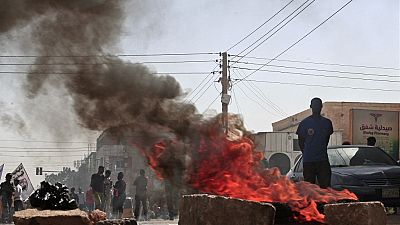

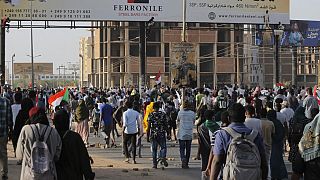
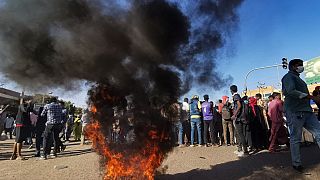
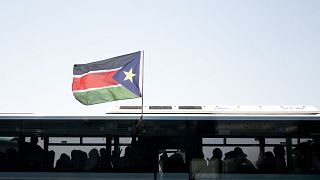
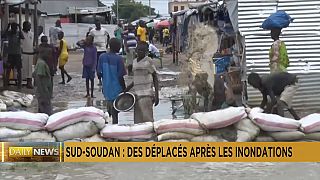
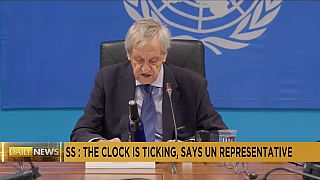



11:05
Africa's hight cost of climate change [Business Africa]
01:17
COP29 finance talks lag as the summit reaches its halfway mark
01:38
COP29: What next for Africa's energy transition?
01:00
Civil society takes center stage at Brazil’s G20 social summit
01:58
Climate adaption: Unfulfilled pledges mean “lost lives and denied development” – UN chief
Go to video
Vladimir Putin affirms "full support" for Africa